
Way back in 2014 (when the Mobile Internet Resource Center was still new!) we covered a story about the Federal Trade Commission (FTC) suing AT&T for deceptively selling "unlimited" data plans that were in practice being hard-throttled after just 5GB of usage a month.
This pressure from the FTC forced AT&T and other carriers to become much clearer in disclosing the actual true limits on so-called-unlimited plans, and it also ushered in the age of "network management" where many unlimited plans were only slowed down temporarily when on actively congested towers.
Network management is a vast improvement in user experience compared to AT&T's former practice of kicking unlimited plans into the slow lane for the remainder of the billing cycle, regardless of congestion.
But what about all the customers who had plans before the new fine print emerged, and who suffered from hard throttling what AT&T had sold them as an "unlimited" plan?
The wheels of justice turn slowly - but the FTC yesterday announced that AT&T has at last settled.
If you were an AT&T customer back-in-the-day - you may soon be getting a refund check sent your way!
Table of Contents
Video Version
Subscribe to our YouTube Channel
The Core of the FTC’s Case
Back in the early days of smartphones and tablets, AT&T marketed unlimited data plans prominently - particularly accompanying early iPhone models.
But as usage increased, AT&T tried to cap demand on its network by throttling anyone who crossed an arbitrary threshold to a nearly unusable speed for the remainder of the month.
That doesn't sound very "unlimited" at all - and it turns out AT&T's own internal focus groups even concluded that AT&T was being "misleading".
FTC Director Andrew Smith explained:
“AT&T promised unlimited data—without qualification—and failed to deliver on that promise. While it seems obvious, it bears repeating that Internet providers must tell people about any restrictions on the speed or amount of data promised.”
Between 2011 and October 2014, AT&T now admits to have hard-throttled over 3.5 million customers - without ever clearly explaining to those customers that the rules of their plans had unilaterally changed.
Naughty naughty AT&T! You are being sued by the FTC!
Automatic Refunds Coming From Settlement Fund
After five years of fighting the case, AT&T has at last agreed to deposit $60 million into a settlement fund.
The FTC explains how it will be used:
"The $60 million paid by AT&T as part of the settlement will be deposited into a fund that the company will use to provide partial refunds to both current and former customers who had originally signed up for unlimited plans prior to 2011 but were throttled by AT&T. Affected consumers will not be required to submit a claim for the refunds. Current AT&T customers will automatically receive a credit to their bills while former customers will receive checks for the refund amount they are owed."
If you had the original AT&T unlimited iPhone plan back in the day (the one that didn't include any mobile hotspot use), keep your eyes peeled for your refund to arrive within the next 90 days.
With a penalty of just $60 million dollars and over 3.5 million customers impacted, don't expect that payment to buy much however.
Summary - The Redefinition of "Unlimited"
Going forward - AT&T has agreed to never again get so deceptive with its marketing:
"As part of the settlement, AT&T is prohibited from making any representation about the speed or amount of its mobile data, including that it is “unlimited,” without disclosing any material restrictions on the speed or amount of data. The disclosures need to be prominent, not buried in fine print or hidden behind hyperlinks. For example, if an AT&T website advertises a data plan as unlimited, but AT&T may slow speeds after consumers reach a certain data cap, AT&T must prominently and clearly disclose those restrictions."
AT&T and other carriers have pretty much already been abiding by these guidelines for years now - and we have the ongoing pressure from the FTC and the FCC case in 2015 to thank for this.
While the carriers and their resellers still actively market plans as Unlimited, they have been able to use these clearer fine-print disclosures to successfully redefine the word "unlimited" to really just mean no overage charges.
Most carriers now have multiple flavors of "unlimited" in their plan menus (Plus, Premium, Beyond, Above, Get More, Play More, & More, Starter, etc.) - each offering a different range of actual limitations.
And despite requirements to display limitations more clearly, consumers still regularly get confused when it comes to understanding network management, hard throttling, mobile hotspot limitations, and video resolution caps.
Explaining what the limits of unlimited plans actually are has sure made our past 5+ years of tracking mobile internet options for RVers and cruisers an interesting challenge!
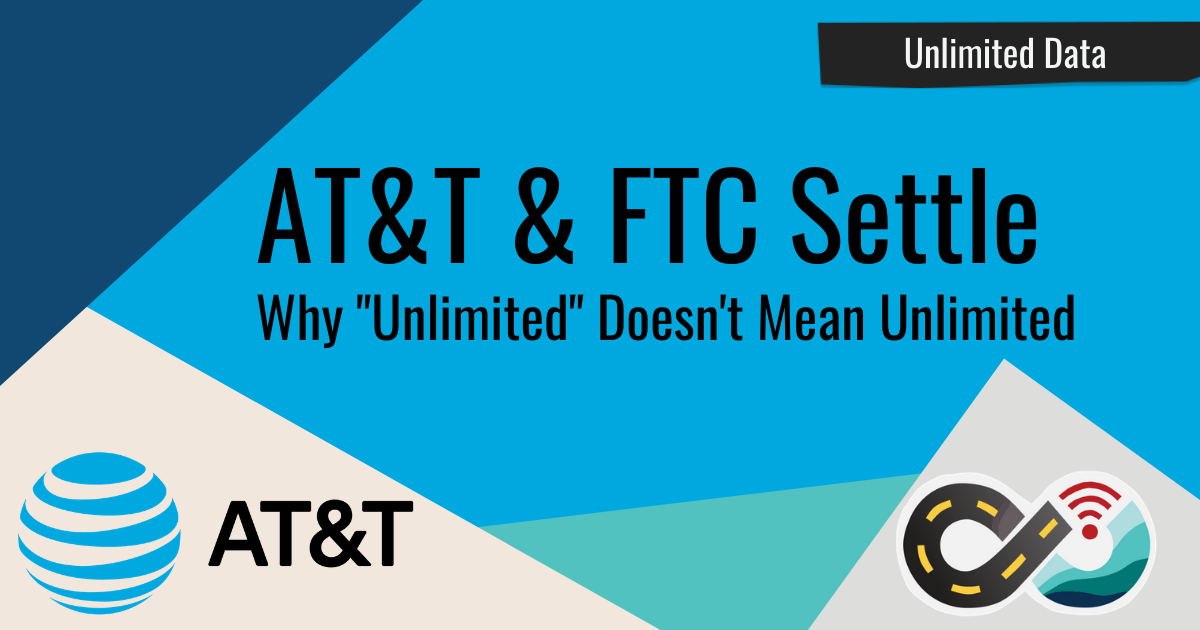
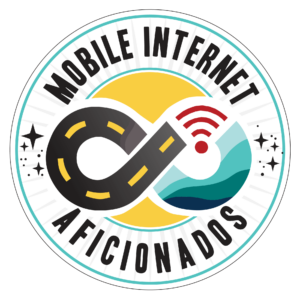
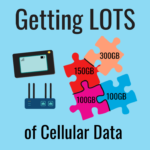
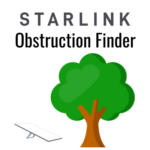
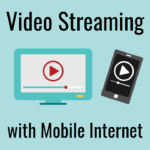
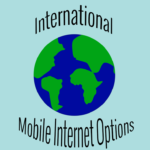
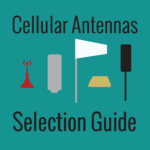
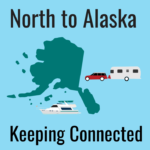
 Mobile Internet Resource Center (dba Two Steps Beyond LLC) is founded by Chris & Cherie of
Mobile Internet Resource Center (dba Two Steps Beyond LLC) is founded by Chris & Cherie of